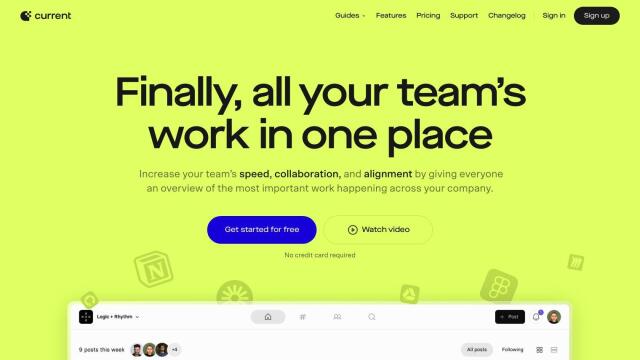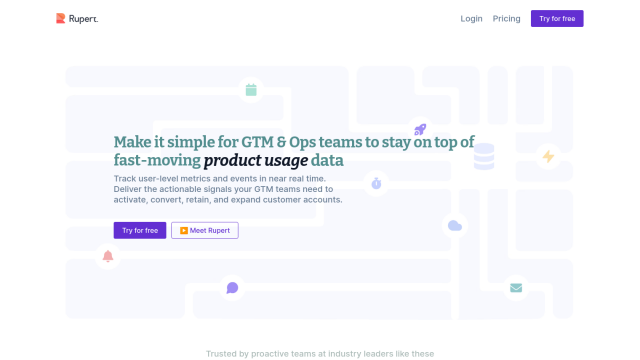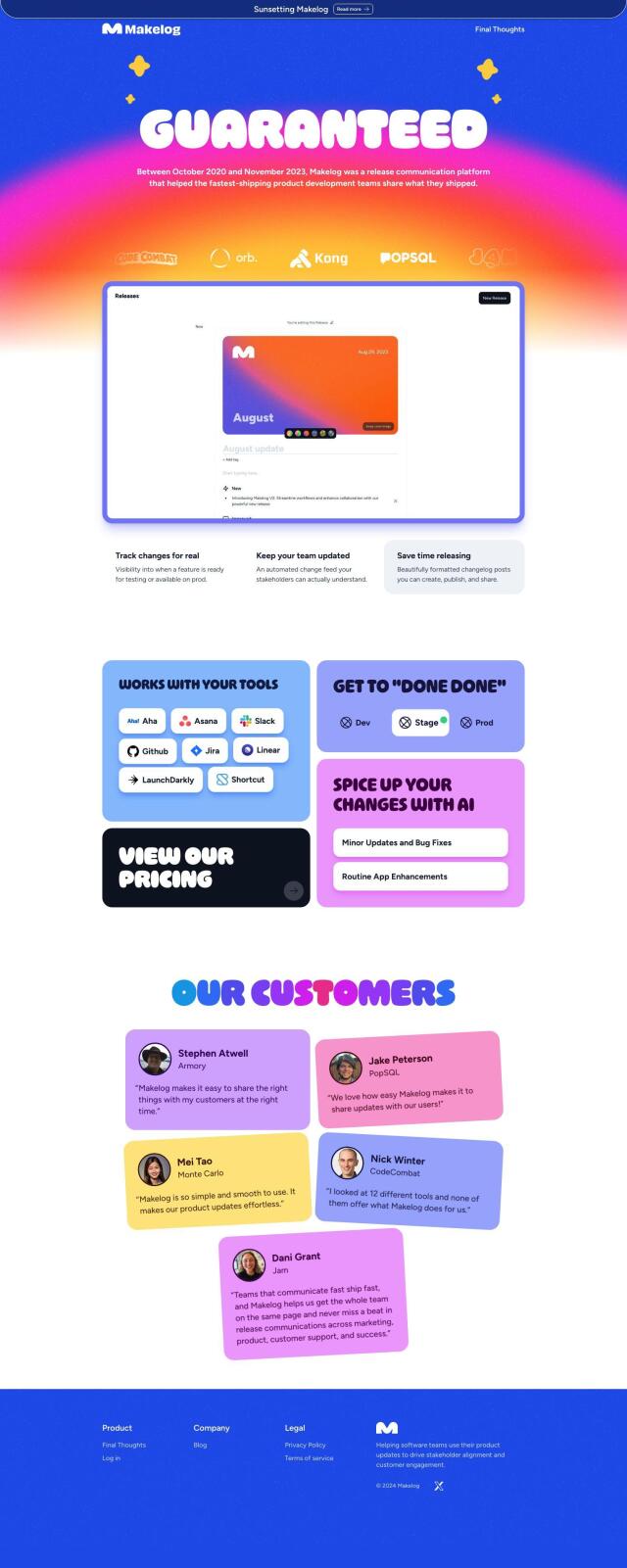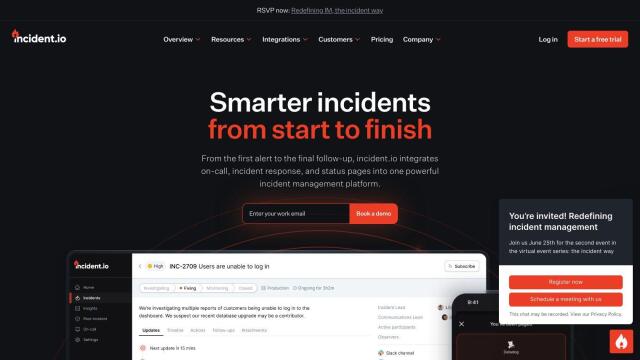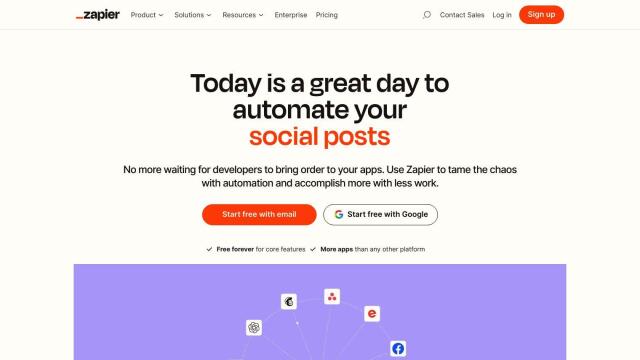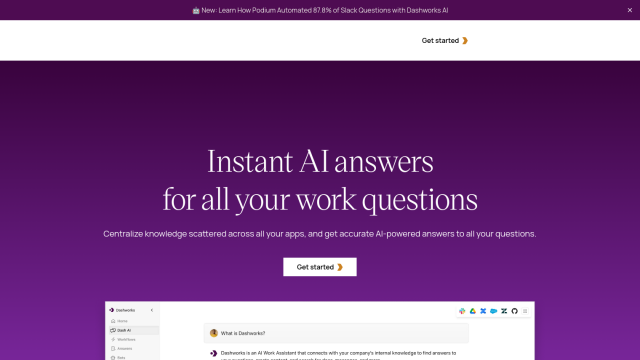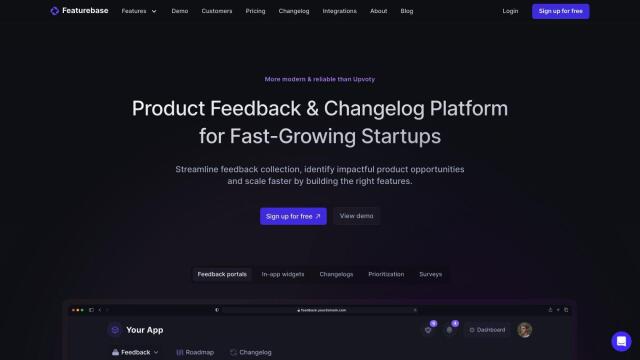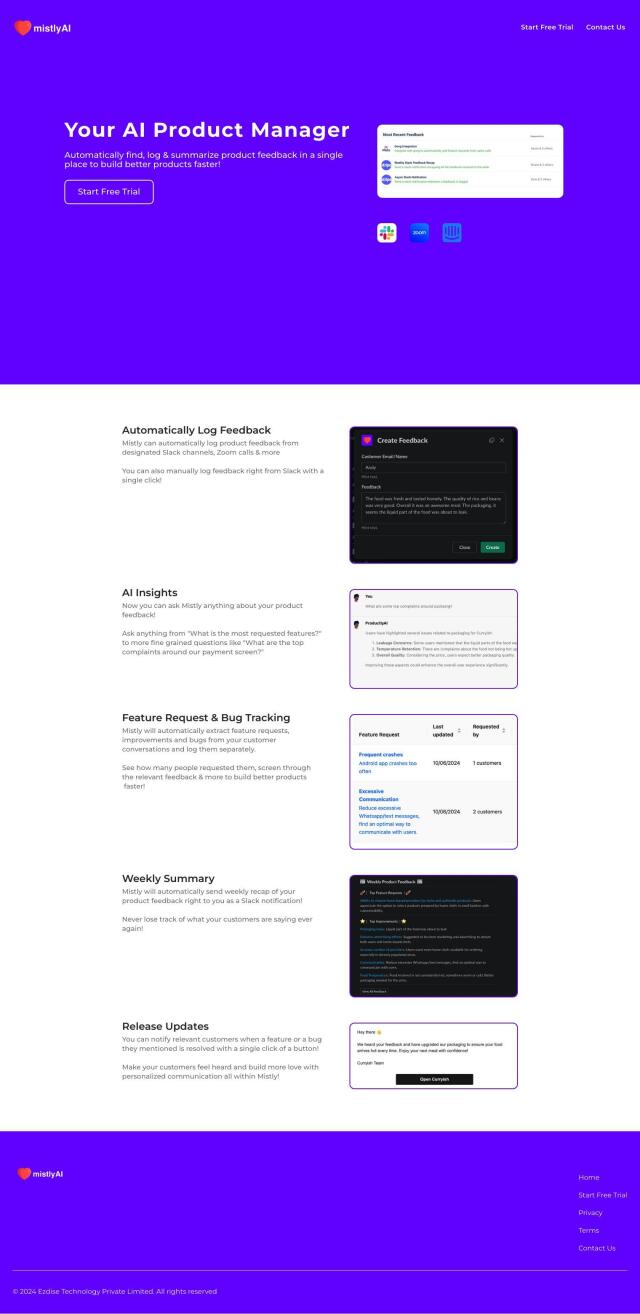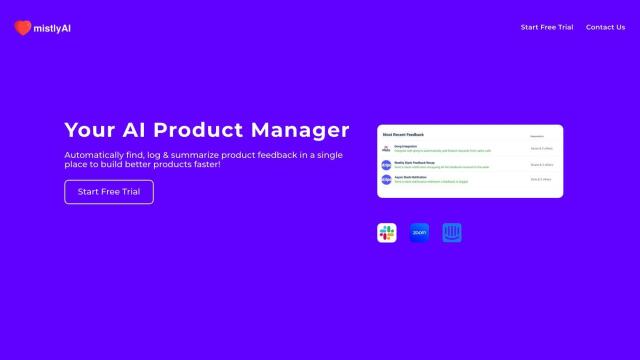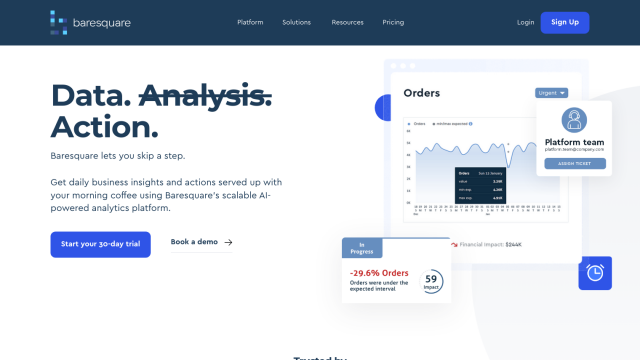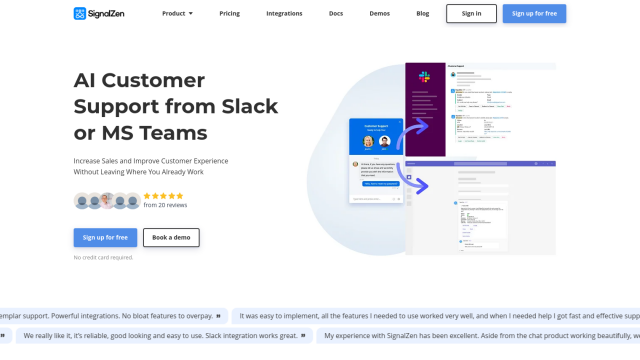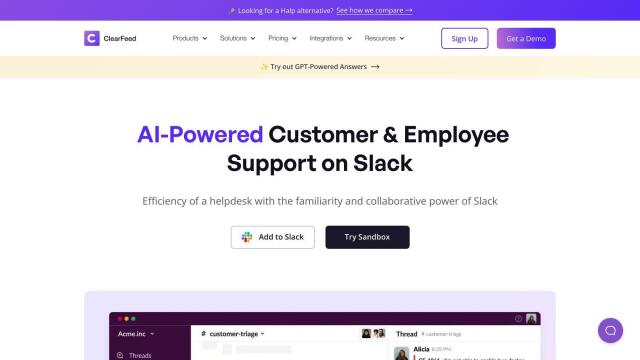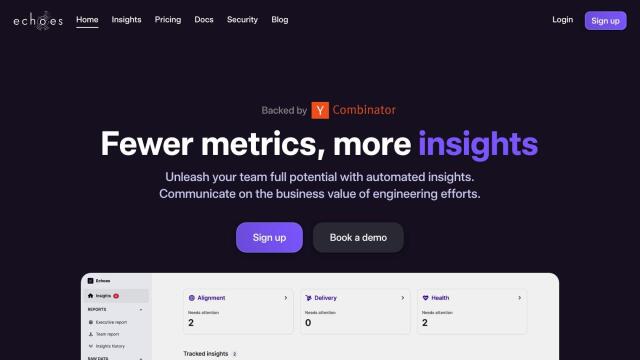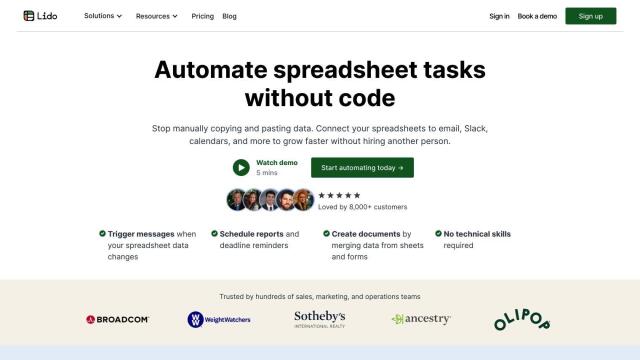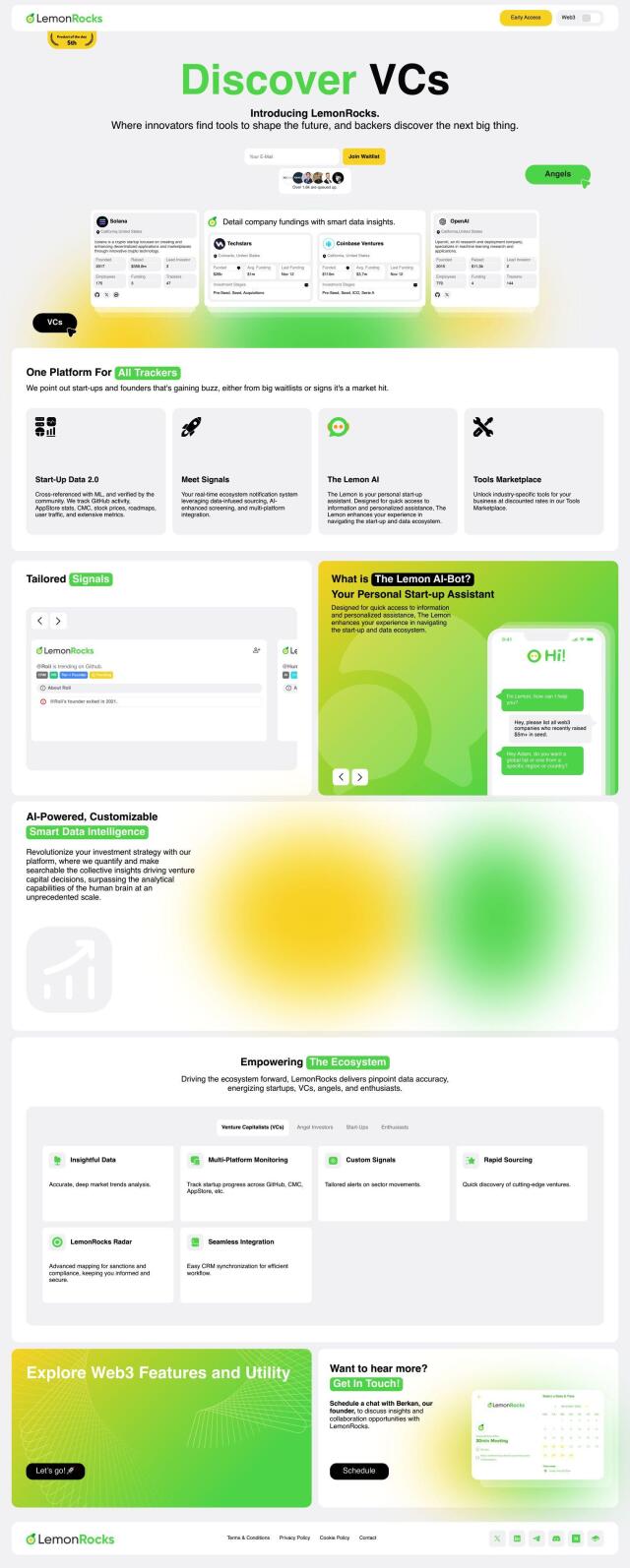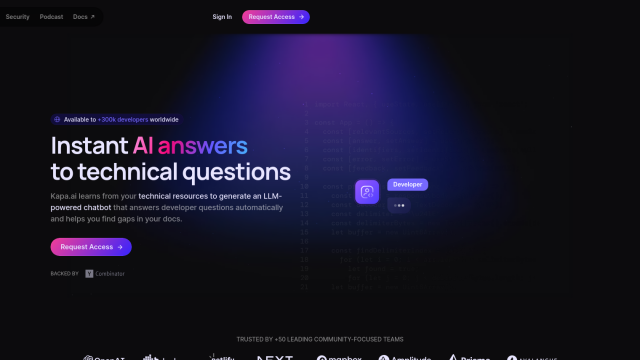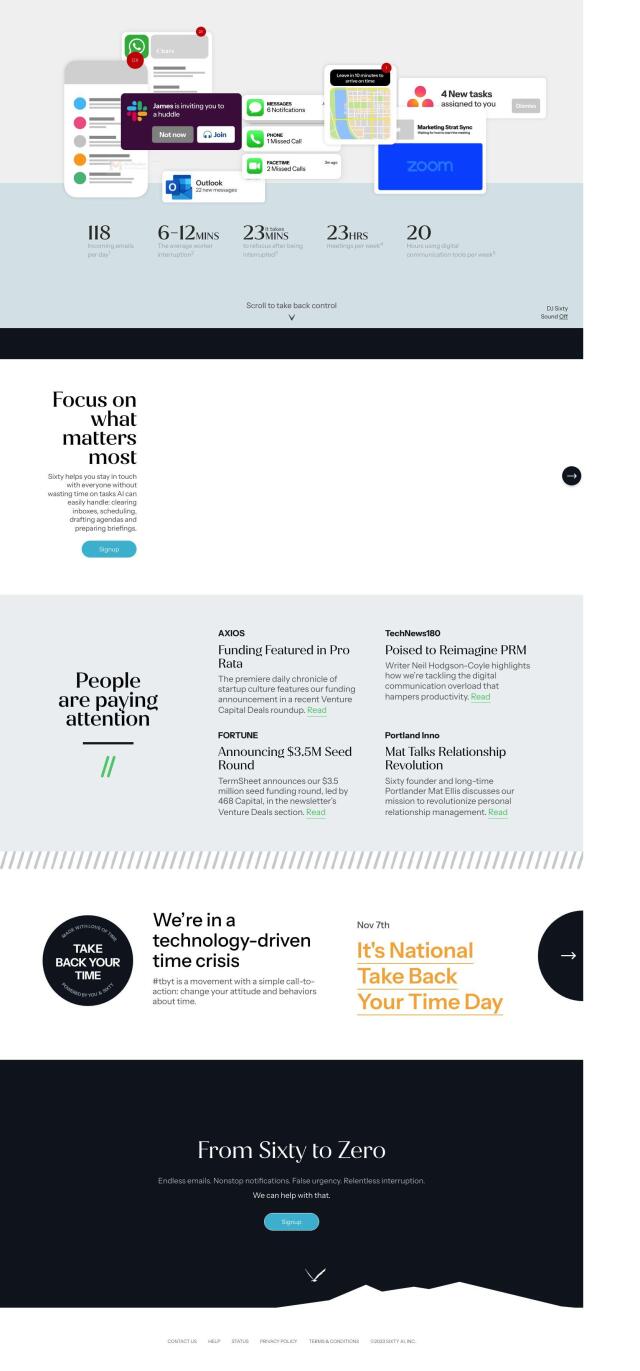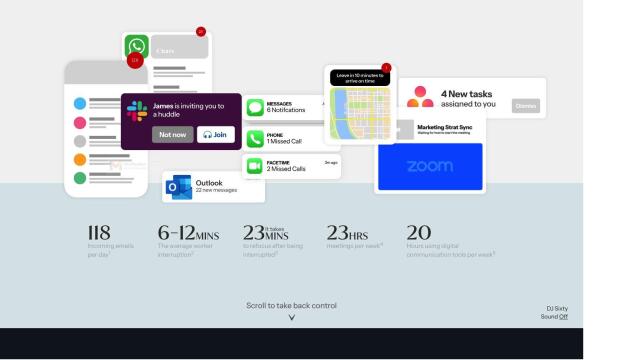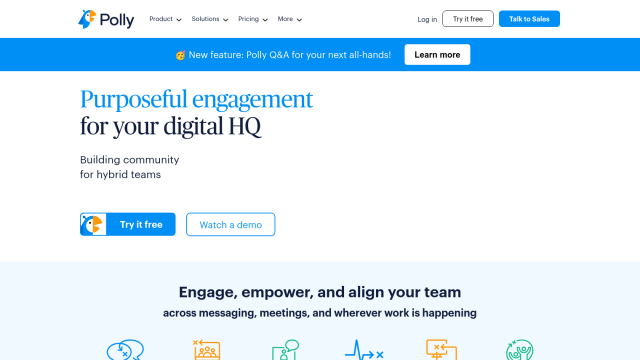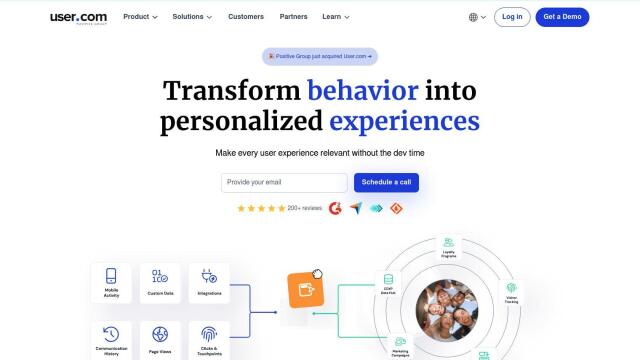Question: Is there a platform that monitors website updates and sends real-time notifications via email or Slack?
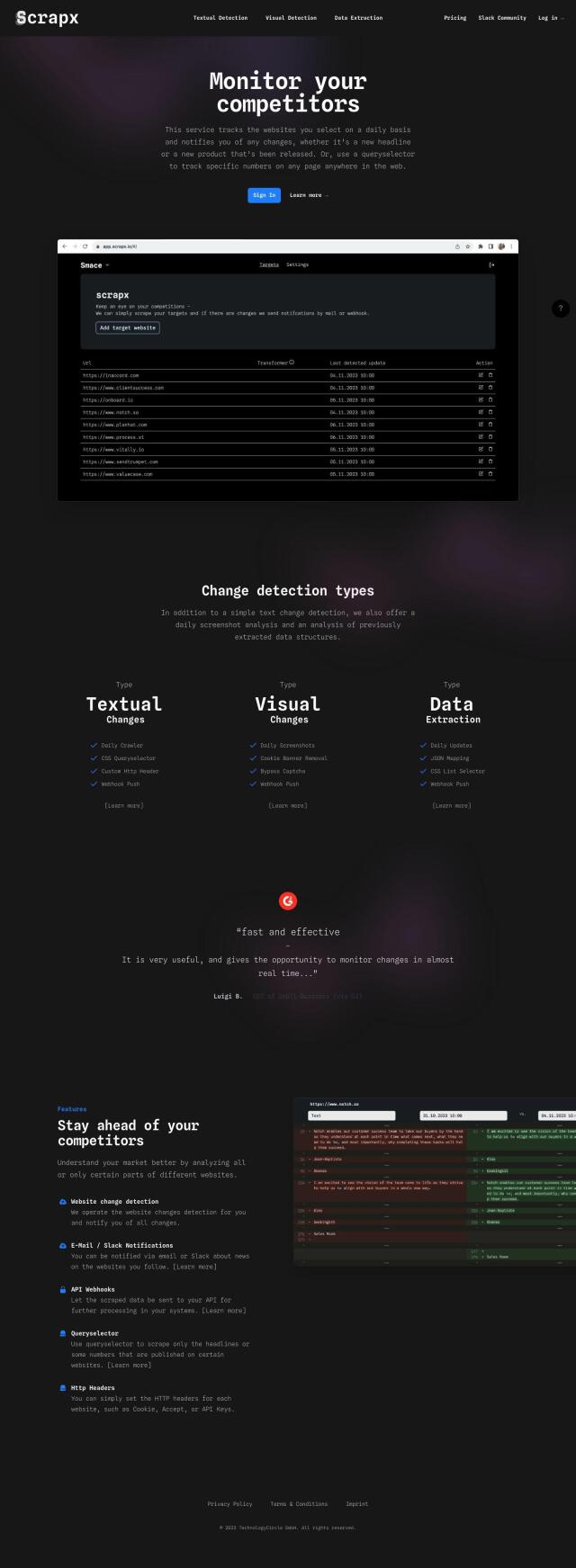
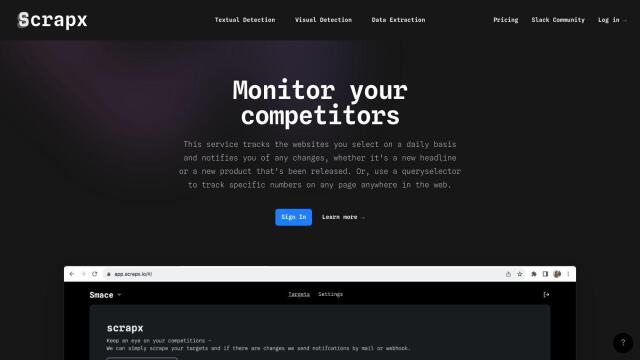
Scrapx
If you want to monitor website changes and get alerts when something changes, Scrapx is a good option. It scrapes websites you select daily, monitoring changes to text, images and data, and can alert you by email or Slack. Scrapx has features like Queryselector for pinpointing specific content, customizable HTTP headers and API webhooks to integrate with your own systems. It has several pricing tiers, including a free option for monitoring up to two websites, so it should fit your business needs.

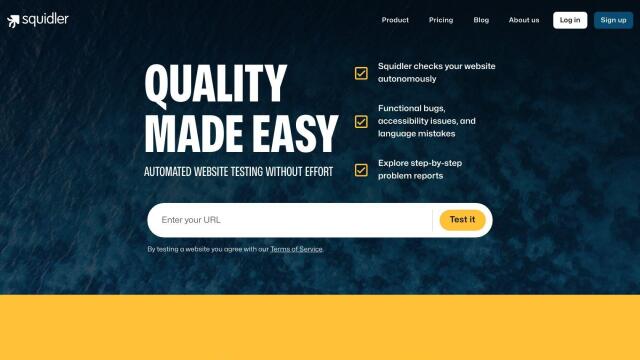
Squidler
Another option is Squidler, which stands out for its ability to automatically test websites. Squidler can test for functional bugs, accessibility issues and language problems without you having to lift a finger. It can run automated browsing and interaction tests daily and present step-by-step, visual reports. You can get those reports by email or Slack, so you can keep up to date. Squidler's pricing tiers range from small to enterprise, so it should work for your business.

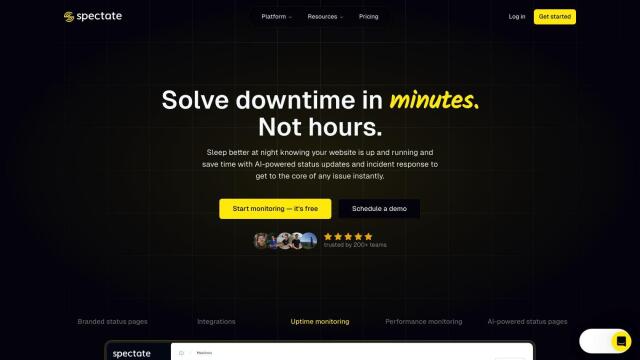
Spectate
If you want a service that monitors both websites and servers, Spectate is worth a look. It offers continuous uptime monitoring, AI-powered status pages and server monitoring. Spectate can integrate with services like Slack and Pushover so you can be notified when your service is up or down. It offers a few different pricing tiers, including a free option, so it should be able to accommodate your needs.
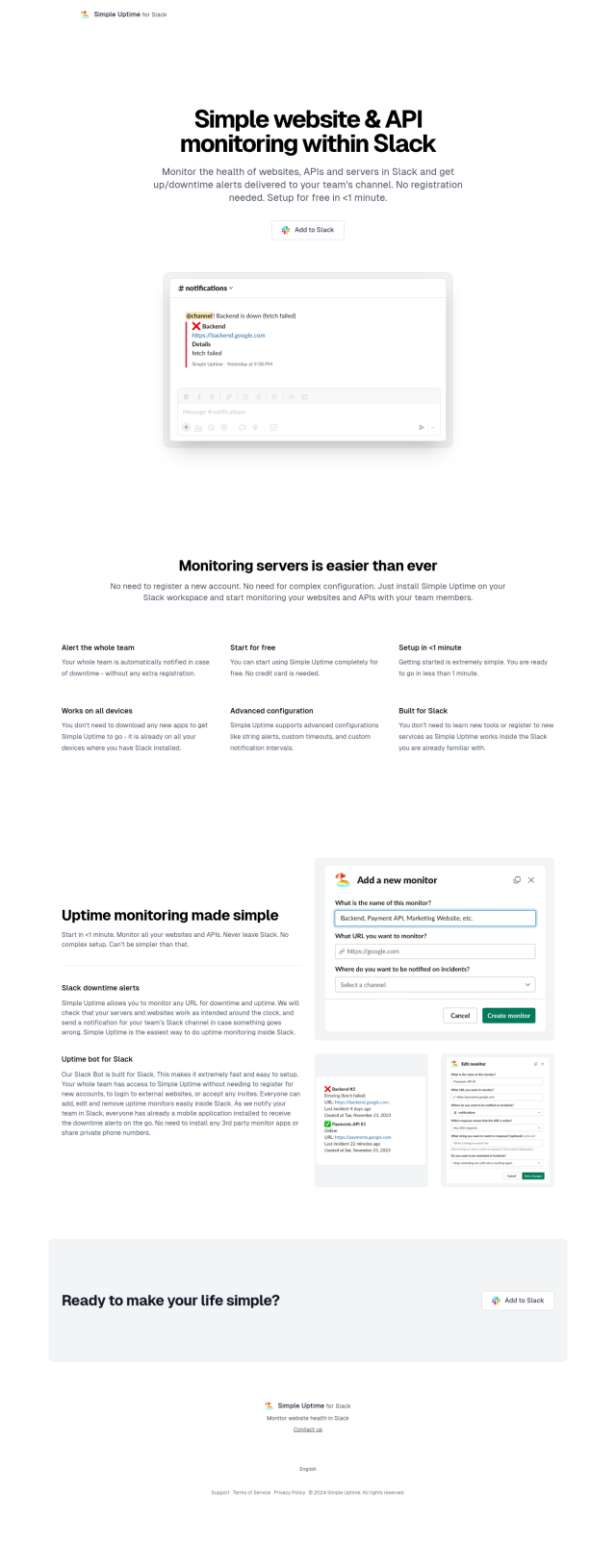
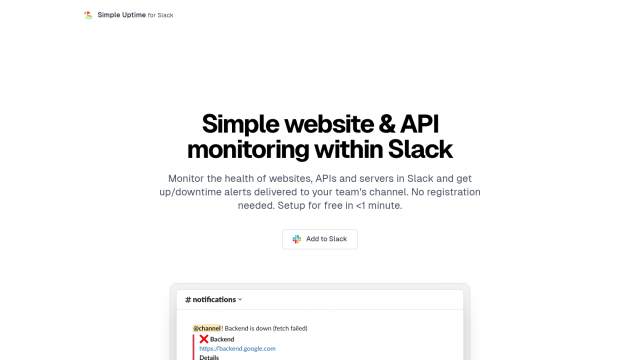
Simple Uptime
Last, Simple Uptime monitors servers, and it integrates with Slack. It monitors continuously and offers customizable alerts for website, API and server availability. It's easy to set up, and you can monitor any URL in less than a minute with no extra work. Simple Uptime's free service is good for teams that want a built-in monitoring service.



